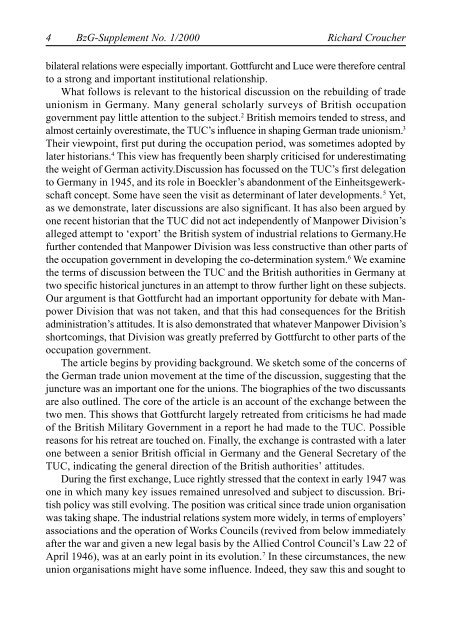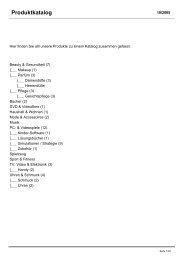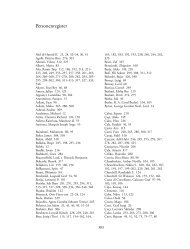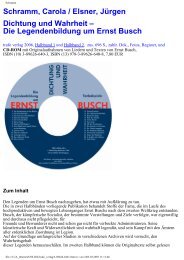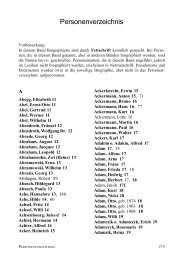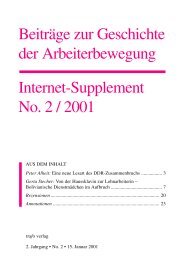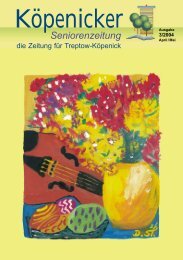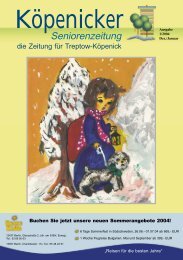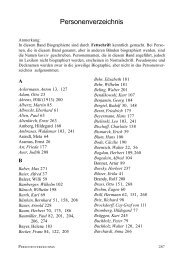Beiträge zur Geschichte der Arbeiterbewegung Internet-Supplement ...
Beiträge zur Geschichte der Arbeiterbewegung Internet-Supplement ...
Beiträge zur Geschichte der Arbeiterbewegung Internet-Supplement ...
You also want an ePaper? Increase the reach of your titles
YUMPU automatically turns print PDFs into web optimized ePapers that Google loves.
4 BzG-<strong>Supplement</strong> No. 1/2000<br />
Richard Croucher<br />
bilateral relations were especially important. Gottfurcht and Luce were therefore central<br />
to a strong and important institutional relationship.<br />
What follows is relevant to the historical discussion on the rebuilding of trade<br />
unionism in Germany. Many general scholarly surveys of British occupation<br />
government pay little attention to the subject. 2 British memoirs tended to stress, and<br />
almost certainly overestimate, the TUC’s influence in shaping German trade unionism. 3<br />
Their viewpoint, first put during the occupation period, was sometimes adopted by<br />
later historians. 4 This view has frequently been sharply criticised for un<strong>der</strong>estimating<br />
the weight of German activity.Discussion has focussed on the TUC’s first delegation<br />
to Germany in 1945, and its role in Boeckler’s abandonment of the Einheitsgewerkschaft<br />
concept. Some have seen the visit as determinant of later developments. 5 Yet,<br />
as we demonstrate, later discussions are also significant. It has also been argued by<br />
one recent historian that the TUC did not act independently of Manpower Division’s<br />
alleged attempt to ‘export’ the British system of industrial relations to Germany.He<br />
further contended that Manpower Division was less constructive than other parts of<br />
the occupation government in developing the co-determination system. 6 We examine<br />
the terms of discussion between the TUC and the British authorities in Germany at<br />
two specific historical junctures in an attempt to throw further light on these subjects.<br />
Our argument is that Gottfurcht had an important opportunity for debate with Manpower<br />
Division that was not taken, and that this had consequences for the British<br />
administration’s attitudes. It is also demonstrated that whatever Manpower Division’s<br />
shortcomings, that Division was greatly preferred by Gottfurcht to other parts of the<br />
occupation government.<br />
The article begins by providing background. We sketch some of the concerns of<br />
the German trade union movement at the time of the discussion, suggesting that the<br />
juncture was an important one for the unions. The biographies of the two discussants<br />
are also outlined. The core of the article is an account of the exchange between the<br />
two men. This shows that Gottfurcht largely retreated from criticisms he had made<br />
of the British Military Government in a report he had made to the TUC. Possible<br />
reasons for his retreat are touched on. Finally, the exchange is contrasted with a later<br />
one between a senior British official in Germany and the General Secretary of the<br />
TUC, indicating the general direction of the British authorities’ attitudes.<br />
During the first exchange, Luce rightly stressed that the context in early 1947 was<br />
one in which many key issues remained unresolved and subject to discussion. British<br />
policy was still evolving. The position was critical since trade union organisation<br />
was taking shape. The industrial relations system more widely, in terms of employers’<br />
associations and the operation of Works Councils (revived from below immediately<br />
after the war and given a new legal basis by the Allied Control Council’s Law 22 of<br />
April 1946), was at an early point in its evolution. 7 In these circumstances, the new<br />
union organisations might have some influence. Indeed, they saw this and sought to


